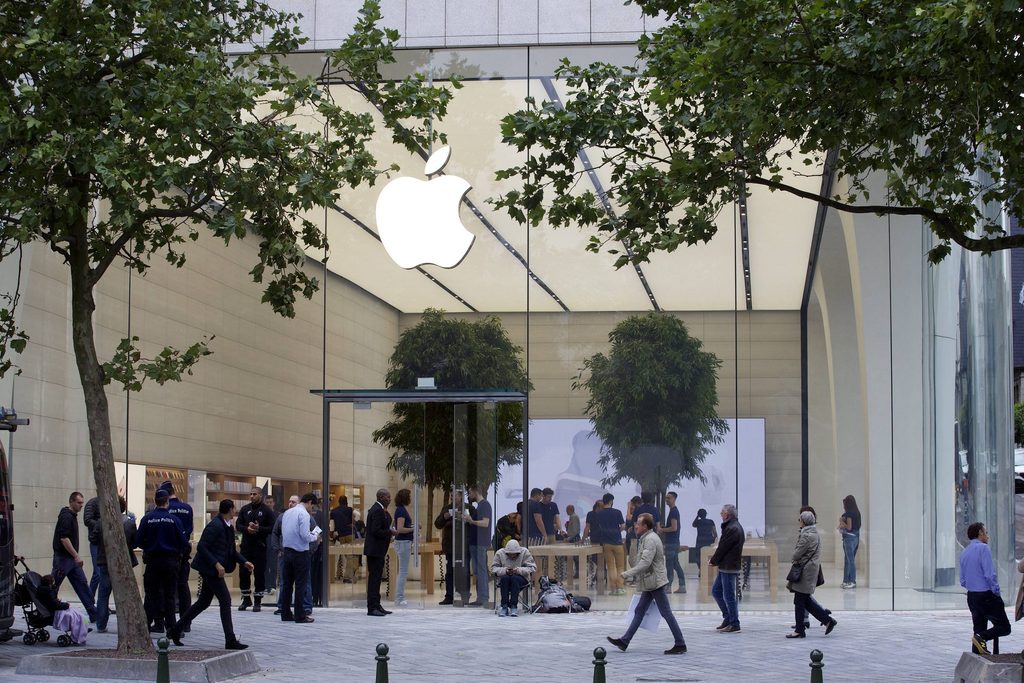In a rapidly evolving educational landscape, Apple is gearing up to challenge the Chromebook – a device that has gained immense popularity in schools, especially in the United States.
Not to miss out on the lower echelons of the market, the world's most valuable company is set to launch a new line of low-cost MacBooks in the latter half of 2024, marking its entry into the competitive education sector, according to reports from DigiTimes.
But though the new models might be lower-priced by Apple's standards, they are still expected to feature the sleek metal exterior design for which the brand is famed, most probably at a higher cost than the budget-friendly Chromebooks. However under the skin the internal components will be more cost-effective, allowing Apple to at least compete at a lower price point.
Chromebooks, powered by Google's Chrome OS and featuring a range of Google's online applications, have seen remarkable success in the education sector. In 2019, over 13.9 million Chromebooks were shipped – figures that skyrocketed to 30.4 million in 2020 and 33.5 million in 2021. Their affordability, simplicity, and ease of management have made them a preferred choice for schools, particularly those with tight budgets.
The future of learning
For educators, Chromebooks have proven to be a valuable tool for transitioning into blended learning environments. Their user-friendly interface and web-based operating system have allowed teachers and students to bring new technology into the classroom.
Chromebooks have also gained ground due to their price point, ease of use, IT manageability, and affordability. At between $200 and $300 (€186 - €280) they are the clear leader in the U.S. education market.
The Covid-19 pandemic was a massive driver in the adoption of Chromebooks in education, with classes carried out online. Unlike other manufacturers that grappled with component shortages, Chromebooks (often equipped with AMD processors) had a stable supply chain.
Schools with tight budgets were able to bring blended learning to areas that might not have had the means otherwise. Beyond affordability, the devices have the added benefit of backing from Google – a recognisable brand with robust customer support. Their intuitive design caters to users of all ages, from children to seniors. Google made security a priority, aligning with school IT policies.
Related News
- Child Focus shares toolkit to protect children from dangers online
- Flanders to structurally embed distance learning despite concerns for pupils
Furthermore, Chromebooks are often built with durability in mind, featuring robust shells and microbe-resistant screens to withstand the rigours of school life. Their popularity shows no signs of slowing down, especially as schools embrace long-term hybrid learning models.
As the educational landscape evolves, Chromebooks remain at the forefront, poised for continued success in schools and making inroads into other markets. Whether Apple can compete with their affordability, simplicity, and adaptability remains to be seen.

